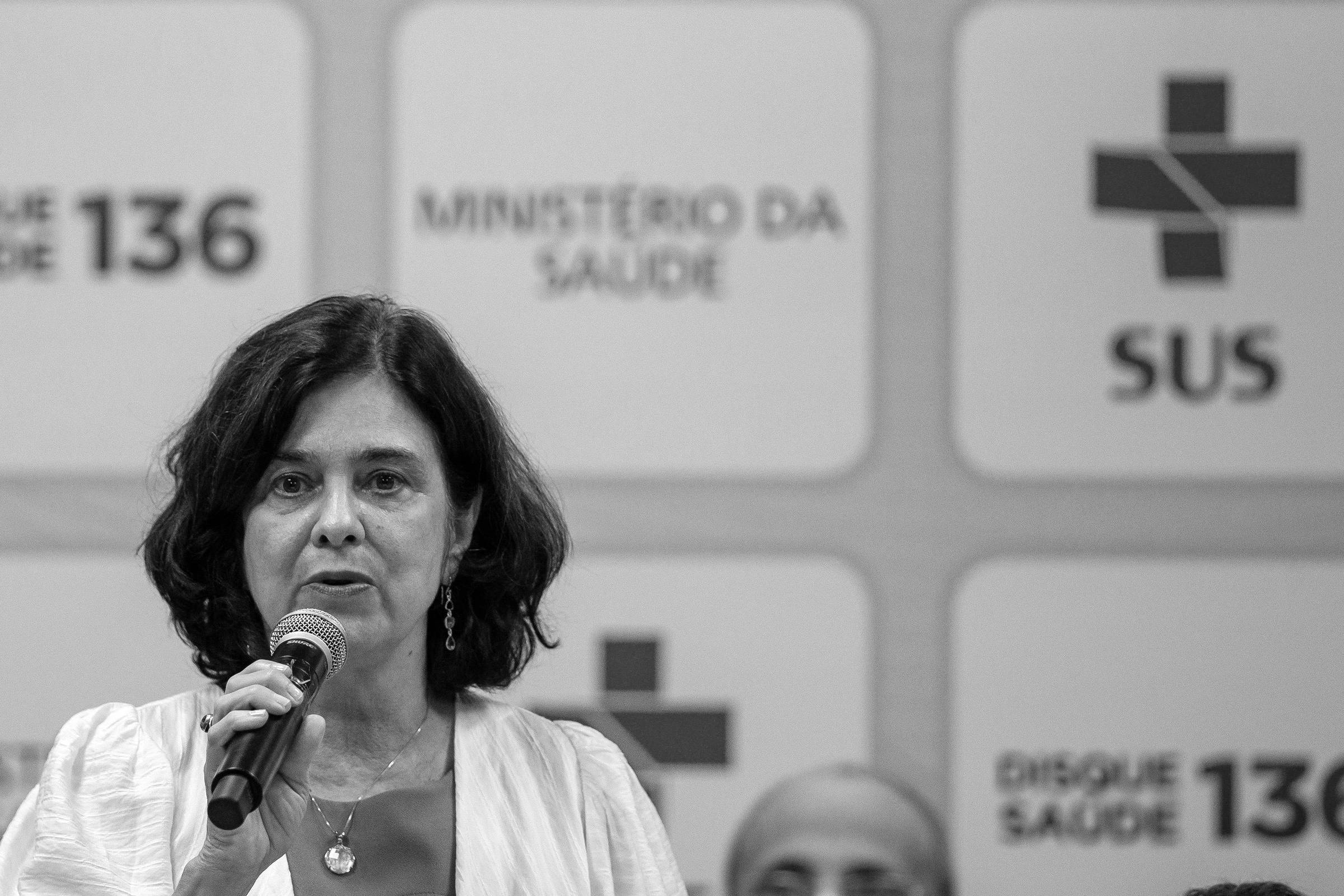The government of Jair Bolsonaro (PL) has been so reactionary on the essential points of the Civilization Agreement that his successor would mean a confrontation of two agendas, symbolic and administrative. Nísia Trindade, former president of the Oswaldo Cruz Foundation and current Minister of HealthYou won’t have any difficulties with the first one.
Health was one of the sectors that suffered the most from Bolsonarianism. If the Covid-19 pandemic has already had a powerful impact even on systems that responded logically to the crisis, the effects have been devastating for those who have met it with denial and magical thinking, as was the case with the Brazilian government.
Trindade needs little more than to overturn the previous administration’s foolish directives — such as authorizing the prescription of chloroquine and ivermectin — to put Vol back on the science track.
The symbolic agenda does not end with a pandemic. Bolsonaro has directed his ideological leaning toward other topics, such as legal abortion, treatment for chemical dependencies, and mental disorders.
The abolition of ordinances, ordinances and technical conventions that are most representative of the reactionary thinking of the former president is imperative, and Trinidad has already been very properly enshrined.
However, it is the management agenda that holds the real challenges. Two problems deserve special attention. The first is to reallocate the ministry’s budget to keep the popular pharmacy running – making it easier for residents to access medicines to treat ailments, many of which are chronic, such as high blood pressure, diabetes and Parkinson’s disease.
Taking money out of the program was one of the previous government follies against health. It should be noted that public spending on providing medicines at low cost is much less than treating complications of patients who stop taking their medicines.
Measures related to the National Immunization Program (PNI) are also urgent.whose coverage rates have decreased alarmingly.
Bolsonaro’s anti-vaccine rhetoric didn’t really help, but it should be noted that the phenomenon began in previous presidential terms, and is linked more to practical issues than ideological positions.
The good news is that a pilot program to tackle the problem has had positive results in Paraiba and Amapa and can, in principle, be expanded.
By announcing that Popular Pharmacy and PNI will be priorities, Trindade begins its successful management.

“Wannabe internet buff. Future teen idol. Hardcore zombie guru. Gamer. Avid creator. Entrepreneur. Bacon ninja.”

